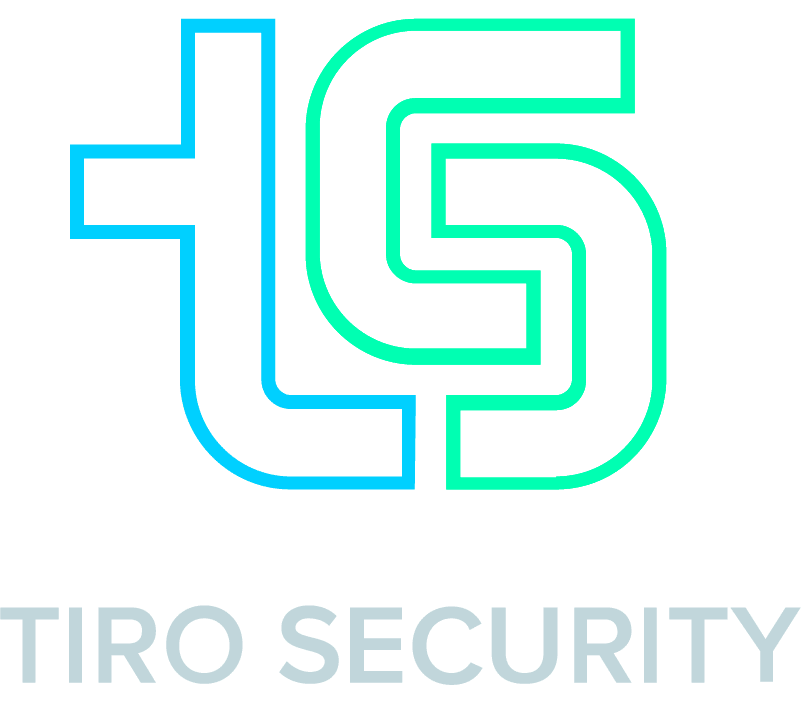7 Tips to Improve Your Cybersecurity Strategy with Equity and Inclusion
We know that EqI (Equity and Inclusion) is crucial in cybersecurity. We also know that the industry is suffering more than most from a lack of EqI in senior roles – and that minority demographics make up a decreasing proportion of the cybersecurity workforce.
Great inclusion policies and practices demonstrate your core corporate values. They also improve the quality of your cybersecurity execution.
The digital world is varied in its backgrounds and culture, and a representative mix of views and insights helps your cybersecurity to consider issues that may not be clear to a homogenous workforce. Heterogeny brings outside-the-box thinking from a range of cultures, genders, races, mindsets, and backgrounds. And this helps you develop proactive defenses instead of reactive, time-bound solutions.
Here are seven tips to help you embed EqI best practices in your cybersecurity strategy.
1. Don’t Treat EqI as a Box-Ticking Exercise
Too often, we see EqI policies created to deliver greater representation of underrepresented minorities. It’s important that this goal is achieved sensibly, and not by recruiting to hit the numbers.
It’s essential to invest time and money into identifying and hiring the right people from different backgrounds. If companies don’t do this, they will fail to achieve the real aim of EqI in cybersecurity – to improve the quality of their cybersecurity team and practices.
2. Employ Skills-Based Recruitment
We should also be searching for recruits into the industry from outside our traditional viewpoint of qualifications for the job. Instead, we should open our minds to accepting applicants from candidates with more varied experience, educational backgrounds, and alternative qualifications.
Companies should welcome people who have understanding of cybersecurity issues, from a heterogenous IT background and from other industries. For example, people with experience in commerce, regulation, law, and healthcare bring with them varied and unique skillsets that can be harnessed within cybersecurity teams.
What is most important is how a person thinks – curiosity, experimentation, and risk-taking are key qualities for successful formulation and execution of proactive cybersecurity strategies.
3. Forge Partnerships with Inclusive Organizations
One of the issues with recruiting into the cybersecurity industry is its lack of inclusion within the industry. It’s a vicious cycle. People who don’t see representation of people like them are less likely to want to join the industry. A key tactic to shift this dynamic is to forge partnerships with inclusive educational establishments and trade groups, and then undertake to help attract, train, and recruit for inclusion.
4. Fix Corporate Culture
Inclusion and equity are not just about hiring and representation. It is about a culture of inclusivity that is welcoming and open to all. To create a varied workforce, companies need to be aware of the biases they might have, actively work against them, and promote an inclusive culture.
5. Fix Job Descriptions
Cybersecurity job descriptions should be worded to be appealing to all. The language that companies use is often accidentally (and not maliciously) discriminating against the very demographics we wish to attract. It’s crucial that recruiting companies describe their inclusive culture and use appropriate language in the job ads.
6. Widen the Search for Cybersecurity Talent
Cyberattacks can come from anywhere in the world. It’s critical that a cybersecurity team matches this variety, and how better to accomplish this than hiring remotely? This brings a new vibrancy to team thinking, and helps a company to understand the varied international regulations that may affect its approach to data privacy (as only one example).
7. Work to Retain Talent from Varied Demographics
Companies must also prioritize retaining employees from underrepresented and historically marginalized groups. We must move away from the dominance of white masculinity in our field, and put in place programs that are designed to improve representation across mentorship, training and development, and career advancement opportunities. It’s crucial that companies remove pay disparities and promote without bias.
Inclusion in Cybersecurity Is Not a One-Off Exercise
The drive for inclusion is too often conducted as a single box-ticking exercise. Unconscious bias training will not in itself alter culture and improve the inclusive nature of a workforce.
We must encourage a continuous and conscious effort to shift how we think and act in the knowledge that greater heterogeny delivers better experiences and cybersecurity outcomes. A team’s inclusivity can help a company to stay one step ahead of cybersecurity threats, by bringing new perspectives and thinking to the conversation.
We’d love to hear how your company is improving inclusivity in its cybersecurity team. Get in touch and tell us about your EqI strategies, and the impact they are having on your workforce and your security. It’s important that we all share best practices in our fight against cybercriminals.
